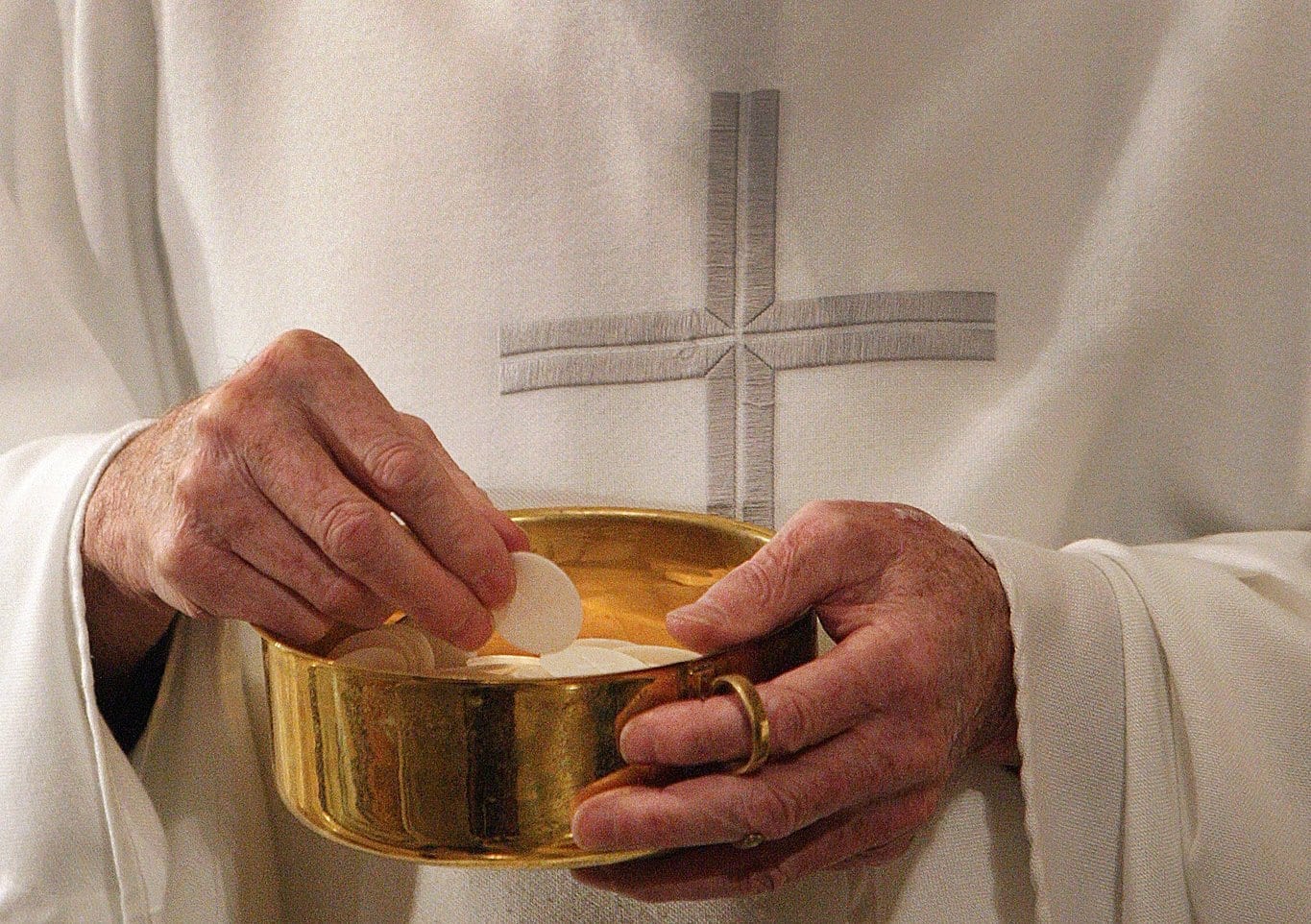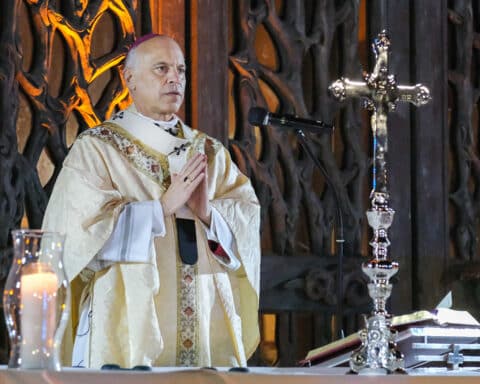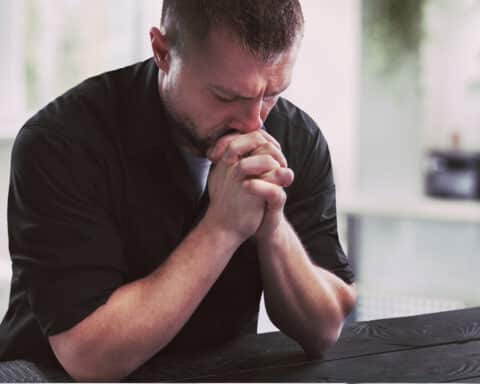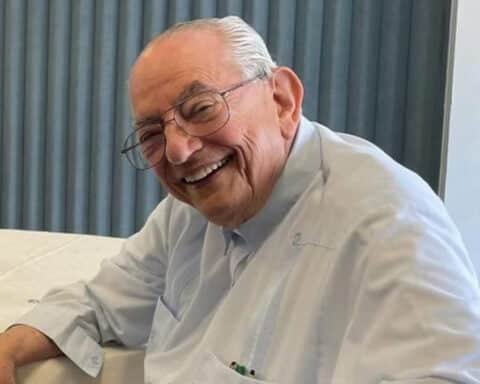(OSV News) — A California diocese has issued a warning about impostors posing as Catholic clergy and charging Spanish-speaking faithful “exorbitant fees” for celebrating the sacraments.
“Some people have said it was $100, and some people said it was $1,800. We’ve heard from some callers who said they’re even charging for chairs so that people can sit,” Erin Haight, communications director for the Diocese of Stockton, told OSV News.
Haight issued an Oct. 20 media advisory to alert diocesan parishioners in the Modesto area to the scammers, who were reported to have conducted “fraudulent activities related to the sacraments and sacramentals.”
The individuals have falsely assumed the identities of two actual clerics from the Archdiocese of Toluca, Mexico — Archbishop Raúl Gómez González and Father José Adán González Estrada — and have conducted “unauthorized celebrations” of baptism, confirmation and first Communion, as well as house blessings, Haight said in the advisory.
The impostors also have demanded that individuals present birth certificates for the alleged sacraments, which the advisory said raised concerns about human trafficking and identity theft.
A ring of criminals at work
Haight told OSV News Oct. 24 that her office “did hear that there is a person who is sort of the liaison, who takes the money and takes the phone calls” in coordinating the sham sacraments.
“It appears to be a ring of two or three people working together,” she said.
Haight provided OSV News with a redacted image of a “certificate of confirmation” provided by a scammer pretending to be Father González Estrada.
The document, which claims to be issued by “La Sagrada Familia” parish, contains low-resolution clip art and no parish seal.
“It’s not even like (they used) Photoshop,” she said. “It’s just not good.”
When questioned by faithful regarding their legitimacy, the scammers have “(resorted) to intimidation tactics” by “threatening legal action for defamation,” Haight said in the advisory.
The diocese is deeply concerned that in addition to their financial losses, victims will be duped into thinking they have received sacraments that “are not valid,” Haight told OSV News.
She said her office also has been in contact with the vicar general of the Archdiocese of Toluca regarding the matter.
“They’re aware of it,” she told OSV News. “They’re obviously very frustrated.”
Urging victims to contact law enforcement
The diocese also has notified the Modesto Police Department, and it’s urging victims to file a police report.
A desk commander at the police department told OSV News that no complaints had been filed as of Oct. 24 — but Haight said she wasn’t surprised.
“We’ve sort of come to the conclusion that these impostors are targeting people who maybe might not call law enforcement because they’re afraid, maybe because of their immigration status,” she said.
The diocese became aware of the matter after receiving some “four or five calls” within the last month, said Haight.
“We don’t know if the people that called us were victimized or not, or (if they) knew of people who had been victimized,” she said.
That ambiguity is because “people are probably embarrassed,” she added.
The alleged sacraments have been performed at residences and “in parks,” said Haight.
Church law and the sacraments
Canon law stipulates that Mass must be celebrated in “a sacred place unless in a particular case necessity requires otherwise,” and “in such a case the celebration must be done in a decent place.”
Baptism must take place in a church or oratory, “apart from a case of necessity.” Confirmation should be celebrated “in a church and during Mass,” but “for a just and reasonable cause” can be celebrated outside of the Eucharist “in any worthy place.”
Canon law also specifies that offerings for Mass and other sacraments are to be determined by the bishops of a province, not by individual clergy.





